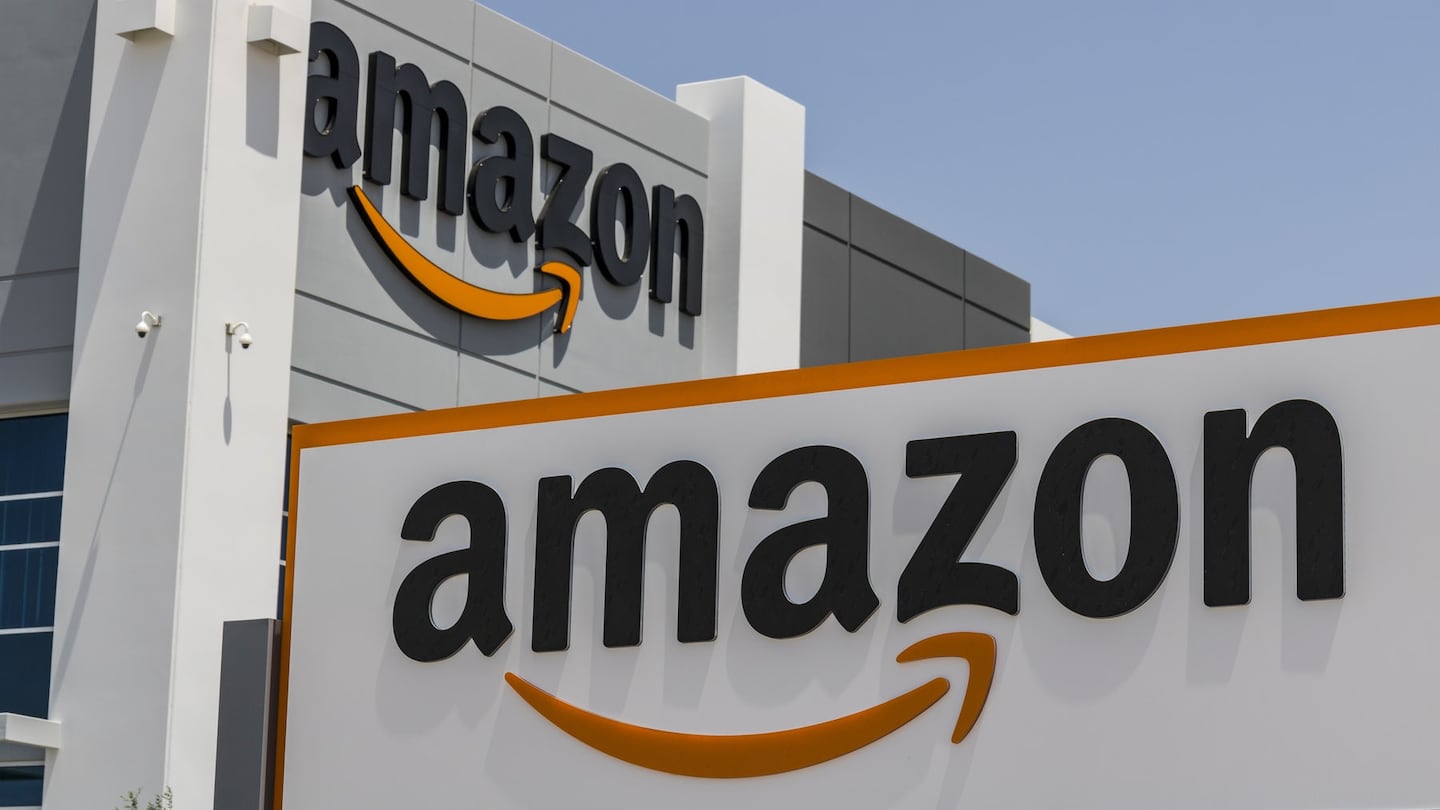
The Business of Fashion
Agenda-setting intelligence, analysis and advice for the global fashion community.

Agenda-setting intelligence, analysis and advice for the global fashion community.

SEATTLE, United States — Amazon.com Inc will only receive vital supplies at its US and UK warehouses until April 5, its latest move to free up inventory space for medical and household goods in high demand as a result of the coronavirus outbreak.
The change does not mean that Amazon will stop selling non-essential items like books and toys for now, only that products may be more likely to run out of stock in the next few weeks or sellers have to ship the products directly to consumers themselves.
In a note sent to sellers on Tuesday, Amazon said it is seeing increasing online shopping demand from consumers. As its household staples and medical supplies are running out of stock, it will prioritise certain categories in order to “quickly receive, restock, and ship these products to customers.”
Amazon defined five categories as essential products that can continue shipping, including baby products; health and household items; beauty and personal care; grocery; industrial and scientific; and pet supplies.
ADVERTISEMENT
"We understand this is a change for our selling partners and appreciate their understanding as we temporarily prioritise these products for customers," Amazon said in a statement.
The company said the new protocol applies to both first-party vendors and third-party sellers. That suggests that the company is not protecting its own products.
The move follows Amazon's announcement it will hire 100,000 workers for its warehouses on Monday, as the Seattle-based giant is trying to meet growing online shopping need from people who stay home amid the coronavirus outbreak.
Third-party sellers account for over half of the sales on Amazon. Amazon has been courting sellers to use its own fulfilment system, enabling many of them with faster delivery without the risks of sitting on inventories.
It is especially popular for sellers who use a dropping shipping method, meaning sellers import products from manufacturers in countries including China and directly send them to an Amazon warehouse. Amazon earns fees from managing the storage and delivery process.
Sellers supplying products that are deemed non-essential could see their products run out of stock and they will be unable to restock as a result of the measure. Still, they can use other fulfilment methods to directly mail products to customers.
One consultant said the announcement landed as third-party sellers were grappling with economic uncertainty amid the outbreak. Workers at bars, gyms, theatres and other non-essential businesses are furloughed to help contain the spread of the deadly virus and President Donald Trump on Monday said the US economy may be sliding into recession.
"Sellers are rethinking their entire strategies for selling in 2020, not just Q1 and Prime Day," said Chris McCabe, founder of Amazon seller consultancy ecommerceChris.com.
ADVERTISEMENT
Prime Day, scheduled for July every year, is Amazon's annual marketing blitz when sellers offer exclusive deals and discounts that contribute more sales than Black Friday. Sellers usually stock up on inventory ahead of the shopping holiday, while this decision adds uncertainty to when they could ship products in.
"Just posting this announcement has a big impact on Prime Day," McCabe said.
By Krystal Hu with additional reporting by Lisa Baertlein; editors: Nick Zieminski and Lisa Shumaker.
As the German sportswear giant taps surging demand for its Samba and Gazelle sneakers, it’s also taking steps to spread its bets ahead of peak interest.
A profitable, multi-trillion dollar fashion industry populated with brands that generate minimal economic and environmental waste is within our reach, argues Lawrence Lenihan.
RFID technology has made self-checkout far more efficient than traditional scanning kiosks at retailers like Zara and Uniqlo, but the industry at large hesitates to fully embrace the innovation over concerns of theft and customer engagement.
The company has continued to struggle with growing “at scale” and issued a warning in February that revenue may not start increasing again until the fourth quarter.